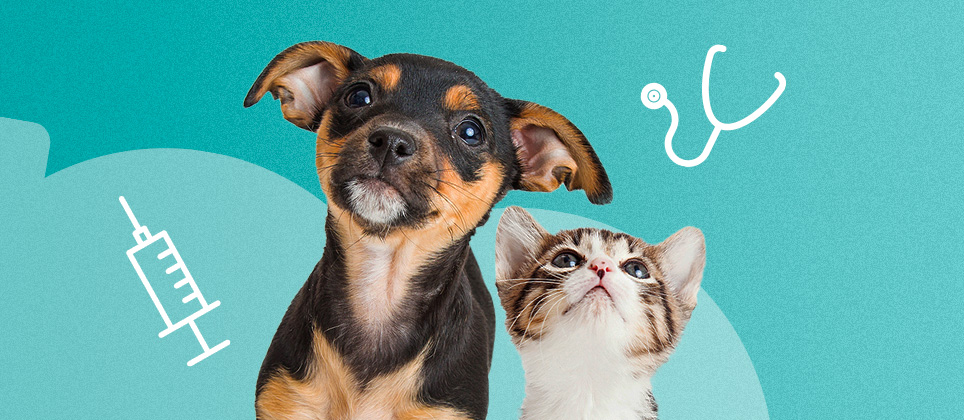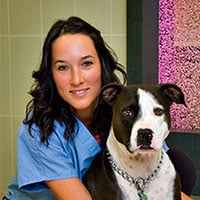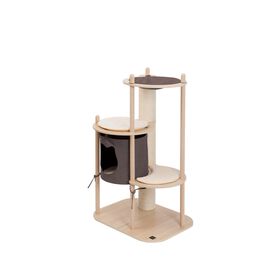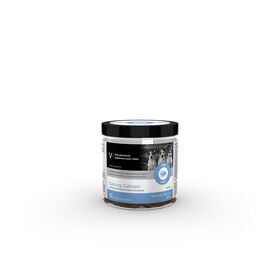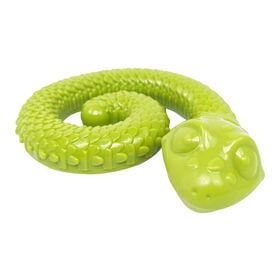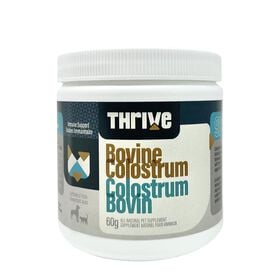How do you prevent your dog from getting a fiery stomach bug? Or Kitty catching the flu and sneezing all the time? Vaccination is a crucial step after adopting your new companion.
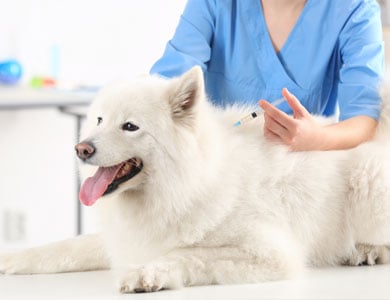
Why vaccinate?
Did you know vaccines contain weakened or deadened antigens of the actual illness? This is intended to provoke an immune response: the immune system produces antibodies to fight the intruders to which the organism has been exposed. This way, your pet will be well equipped to face the illness and well protected when it arrives.
When vaccinate?
We recommend giving them 7-10 days at home after adopting them and then, head straight to the veterinarian!Remember that a change in environment can cause stress for your pet and affect their energy levels, providing the perfect opportunity for illness to enter their bodies. You must therefore ensure your pet is in prime shape before giving them their first vaccination.
Vaccination protocol must be established with your veterinarian so that it can be adapted according to environment and potential dangers associated with exposure. For puppies and kittens, primary vaccinations begin at around six or eight weeks, and are repeated every three to four weeks up to four months.
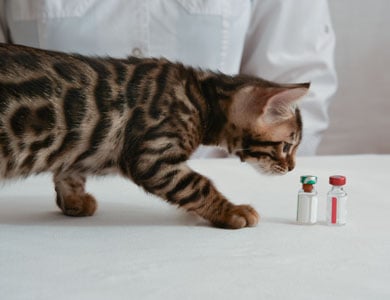
Why so many boosters?
The mother’s antibodies are transmitted and protect the offspring for up to six to twelve weeks. Vaccines administered during this time allow the young to develop their own antibodies, but those of the mother will destroy a portion of them. The defense system is therefore not 100% effective autonomously until the mother’s antibodies are no longer active.
The protocol will be complete once the four-month dose for the baby has been administered. After this, the dose should be given after one year, and then every year or every three years according to the different vaccines.
Did you know:
- Missing a dose or taking it too late will impact your pet’s immune system, and you’ll have to start over from zero.
- There are a number of fatal illnesses that can be contracted at an early age.
- Zoonoses are illnesses that can be transmitted from animals to humans. Therefore, by vaccinating your pet, you also protect your family!
Watch out for post-vaccine reactions
It’s important to remember that adverse reactions to vaccines can occur. Be careful and stay with your animal after they have their vaccine. If you observe any of these signs, contact your veterinarian right away.
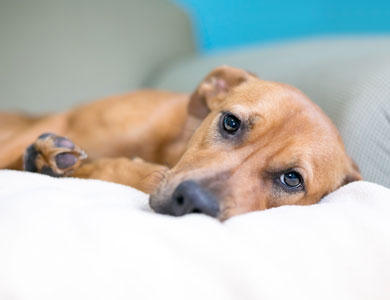
Low to moderate reactions
- Lethargy
- Fever
- Slight swelling in the face
- Urticaria
- Redness of the skin
Intense reactions
- Swelling around the eyes, ears and mouth
- Breathing difficulty
- Vomiting and diarrhea
- Shock
Avoid these issues — get vaccines!
The benefits of vaccines far outweigh the risks! Plus, vaccines are still the easiest way to limit contagious disease. Some quick tips: more vaccines — not less! And before — not after!
Remember that giving your dog or cat regular vaccines will help you avoid a lot of problems and can literally save their life!
